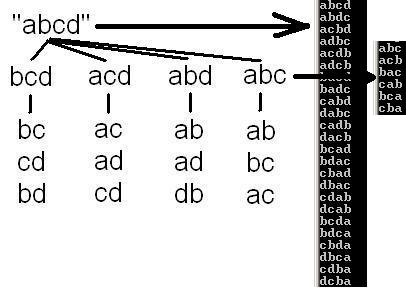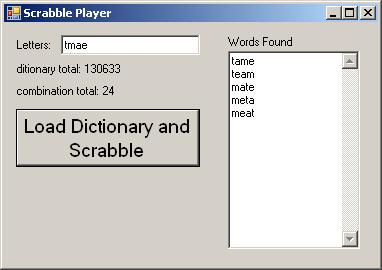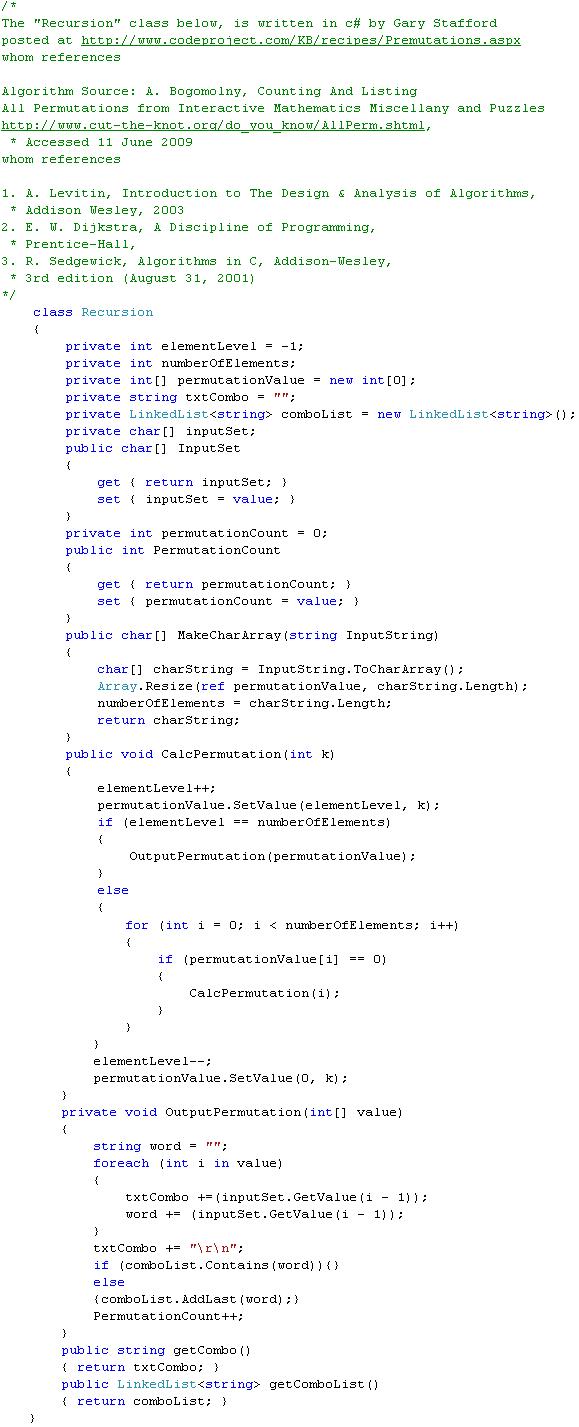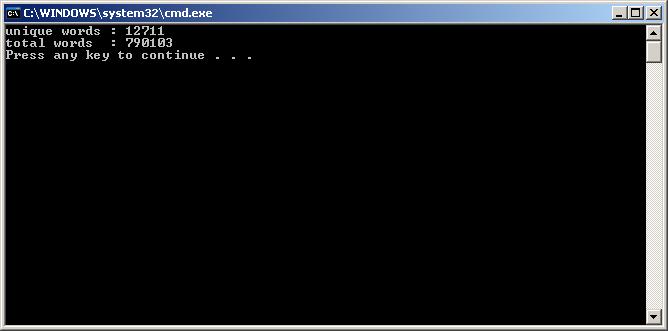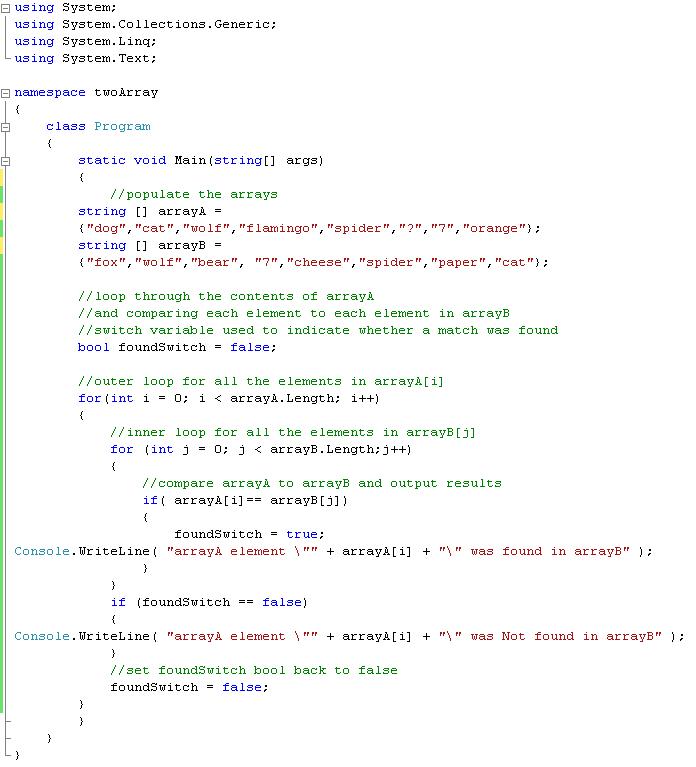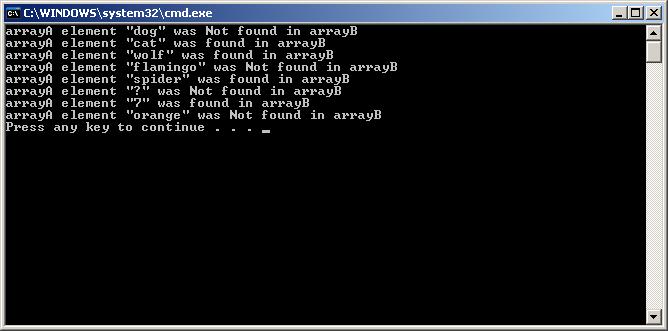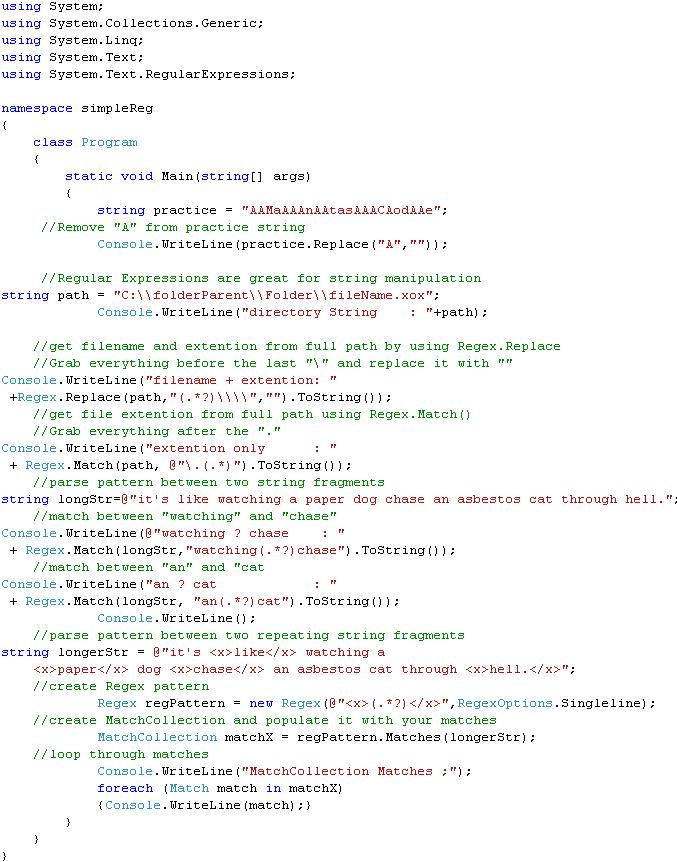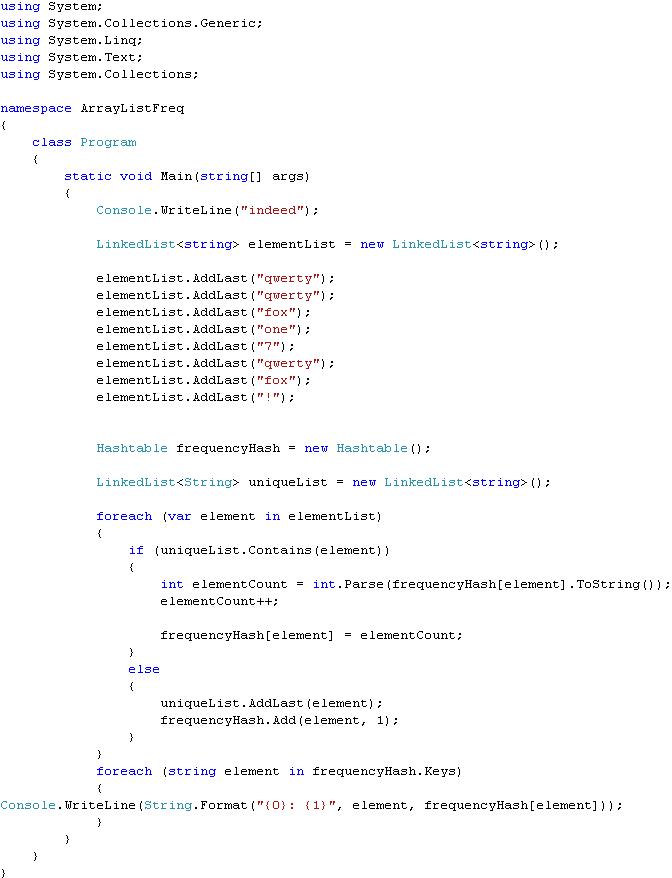Get the text out of each PowerPoint slide.
using System; using System.Collections.Generic; using System.Linq; using System.Text; using Microsoft.Office.Core; using PowerPoint = Microsoft.Office.Interop.PowerPoint; namespace readPPT { class Program { static void Main(string[] args) { Microsoft.Office.Interop.PowerPoint.Application PowerPoint_App = new Microsoft.Office.Interop.PowerPoint.Application(); Microsoft.Office.Interop.PowerPoint.Presentations multi_presentations = PowerPoint_App.Presentations; Microsoft.Office.Interop.PowerPoint.Presentation presentation = multi_presentations.Open(@"C:\PPT\myPowerpoint.pptx"); string presentation_text = ""; for (int i = 0; i < presentation.Slides.Count; i++) { foreach (var item in presentation.Slides[i+1].Shapes) { var shape = (PowerPoint.Shape)item; if (shape.HasTextFrame == MsoTriState.msoTrue) { if (shape.TextFrame.HasText == MsoTriState.msoTrue) { var textRange = shape.TextFrame.TextRange; var text = textRange.Text; presentation_text += text+" "; } } } } PowerPoint_App.Quit(); Console.WriteLine(presentation_text); } } } |

